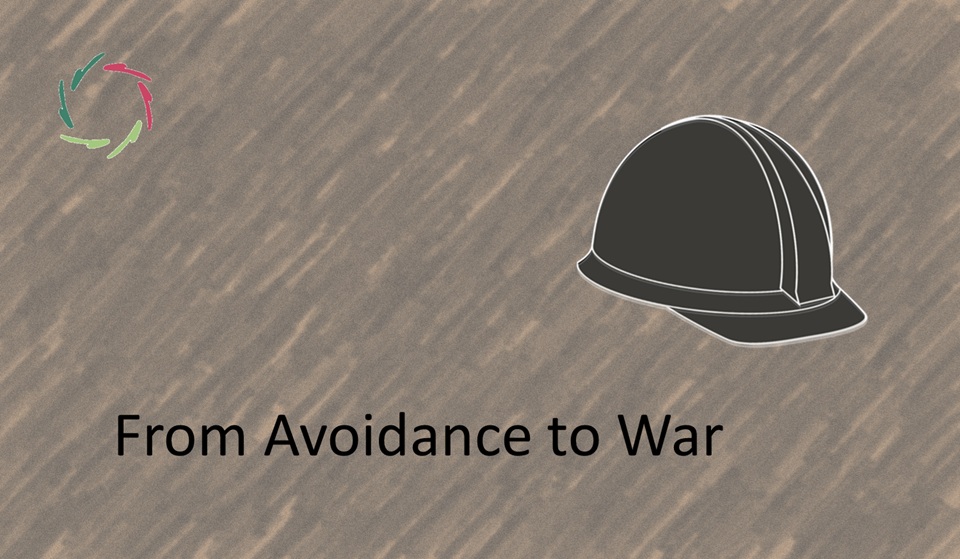The Futility of War

Wars may have made some half-crazy sense in the past. Present-day wars are – without exception – entirely futile.
I could well be a soldier, a fighter to the death. Also, if someone comes to kill me, I kill him. I’m not your regular pacifist. Nevertheless, soldiers are heroes for zeros.
Wars are utterly futile.
Not only this — wars are failures (of diplomacy, of humanity). Not one human death is worth any war. Therefore, every war-caused death – again and again – is a failure that doesn’t make any sense.
From the future, it will look like what it is: utterly futile.
Why?
Anything gained by war can eventually be achieved by other means — only much better. Think of any reason to wage war in the 21st century: land, wealth, status, revenge, religion, ideology, culture, language, respect, fairness, and justice. You might add more.
In this century, any of these can be in-depth transcended as never before. We have the means. We only need to want to.
Doing the exercise: futilizing war
For instance, concerning ‘land.’ One country can take land from another country — or annex it entirely. It can do so by force — war. It can also just ask.
If the asking is genuinely legit, then so will be done. If it’s not, then any war-mongering is also not. No naïveté from this side — if not legit, then any war over it is futile.
On the contrary, striving to make the asking legit would not be futile. It would lead to profound insights, human growth, and collective development. War doesn’t.
Look at any war that is going on for the sake of land nowadays. Without exception, there is an utter futility from both sides. With deep listening, even from one side, most of them would come to an end pretty soon.
Countries are for people, not people for countries.
From this simple given, you can do the exercise for any other ‘reason for war.’ You may come to the same conclusion of futility in this age in which, to start with, everything could and should be in abundance — available to people. Any other take on things is utterly naive, and any aggressive action toward it is utterly futile.
What are ‘countries’ anyway? Think about it. Do countries ‘want’ anything? No. Then who does? What would they do with less inner dissociation?
Listening to the enemy
This is done way too little. As a consequence, wars become the only means to proceed toward what is seemingly desired but actually not wanted at all. No sane person wants war for any of the above reasons except at a symbolic level.
There is nothing at this level that cannot be attained through mental growth and deep diplomacy. This is in sharp contrast with creating the enemy.
Wars are futile.
They are futile as to their cause (not listening) and their consequence (even less listening). As a global culture, we must grow beyond them. In my view, the way forward is through the proper support of many individuals as total human beings ― therefore, not just as egos in small and large groups of other egos.
What must be done needs to be done from the inside out.
Meanwhile, we stumble on, hopefully toward a Compassionate future.


